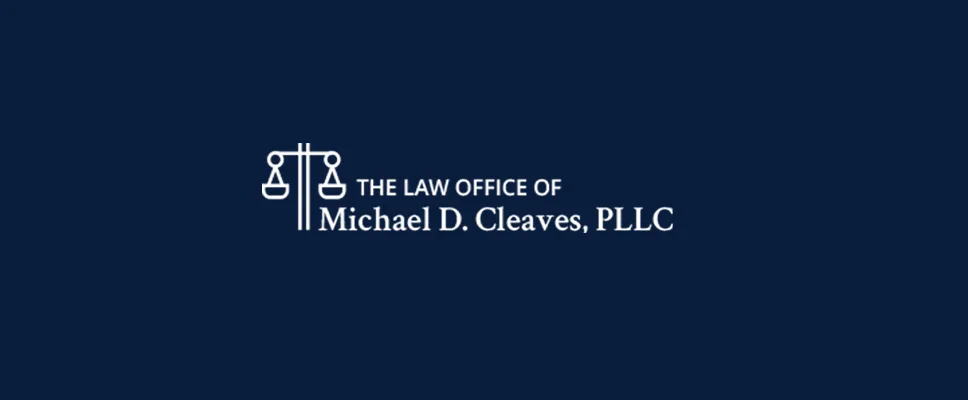Consequences of a drug conviction

Consequences of a drug conviction
Facing fines and time behind bars are only the direct consequences of a drug conviction. A person will also have collateral consequences that could last a lifetime. Collateral consequences happen as a result of the conviction and impact many areas of a person’s life.
Housing
The National Criminal Justice Reference Service explains that landlords may also conduct background checks and refuse to rent to individuals with criminal records. Furthermore, government housing bans those with felony convictions.
Public assistance
Government agencies often bar those with felony convictions from receiving certain types of public assistance. A felony drug conviction will often result in a lifetime ban.
Employment
Many employers conduct background checks, which will show convictions. A person with a felony drug charge, for example, may have a difficult time securing employment. Some professions have bans on individuals who have a criminal record, meaning a person could never work in these fields.
Education
The Drug Enforcement Administration explains that it can be difficult or impossible to qualify for federal financial aid for college if a person has a drug conviction. After a conviction, a person may face a suspension of any aid he or she is currently receiving and will lose the right to receive future funds.
There is a way to earn back the right to aid. A person must have a reversal of the conviction or pass two unannounced drug tests. There are also some convictions that may not disqualify a person. The Federal Application for Federal Student Aid enables students to see if their conviction will affect their eligibility.
Get In Touch With Us
Fields Marked With An “*” Are Required
© 2025 The Law Office of Michael D. Cleaves, PLLC • All rights reserved.


